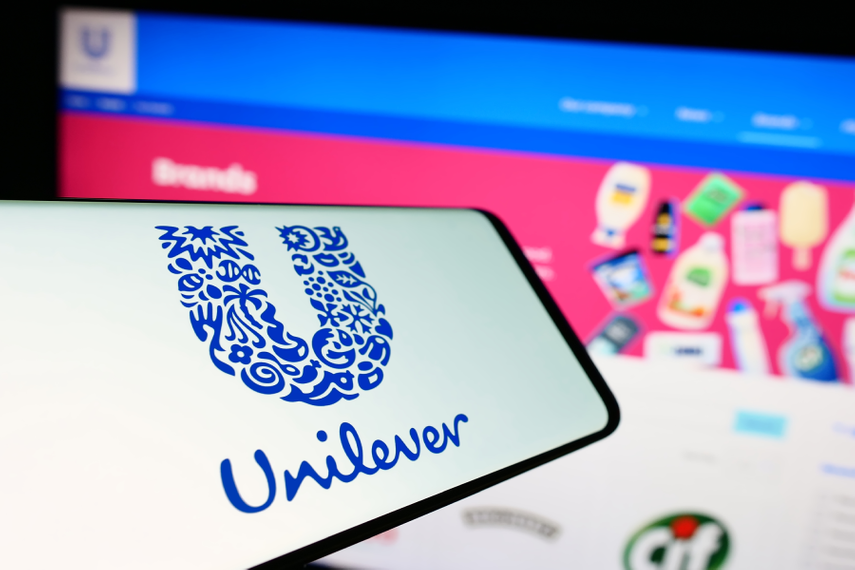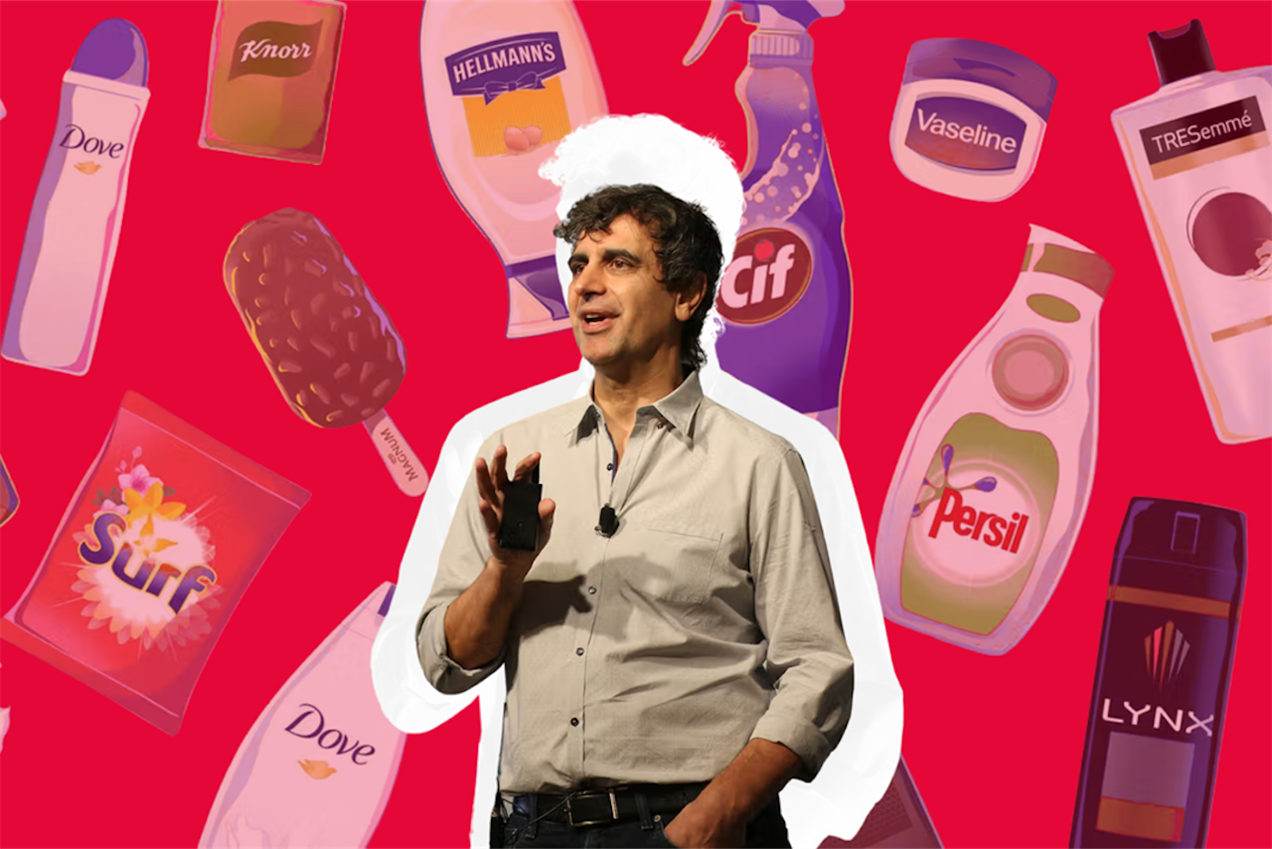Unilever is testing a four-day working week for all 81 New Zealand employees. The trial will begin next week and run for 12 months, and employees’ pay will not be affected. Reuters reported that after 12 months the FMCG giant will assess the outcome of the move and look at how it could work for the rest of its 155,000 employees globally.
Unilever New Zealand managing director Nick Bangs said the aim of the trial was to change the way work is done, not increase the working hours on four days.
"If we end up in a situation where the team is working four extended days then we miss the point of this. We don’t want our team to have really long days, but to bring material change in the way they work," he said. "It’s very much an experiment. We have made no commitments beyond 12 months and beyond New Zealand. But we think there will be some good learning we can gather in this time."
Covid was attributed as a "catalytic role" in the reason behind the experiment, Bangs added. "The old ways of working are outdated. Essentially, this is about a holistic understanding of how work and life fit together, and improving mental and physical wellbeing," he said.
The brand is working with Sydney's University of Technology (UTS) Business School researchers to measure how performance fares.
Unilever is not the only brand experimenting with a four-day work week across global operations. Last year, Microsoft Japan staff worked four days for one month and reported a 40% boost in productivity. The software company said it also reduced the time spent in meetings by implementing a 30-minute limit and encouraging remote communication. On top of that, Microsoft found that it helped preserve electricity and office resources as well with the number of pages printed having decreased by 59%, and electricity consumption down by 23% compared to the same period the year before.
Fast food burger chain Shake Shack adopted a four-day work week at a number of its Las Vegas operations last year, and the policy has now rolled out across a third of its US outlets. Shake Shack CEO Randy Garutti said in an earnings call that the four-day work week has prevented employees from having to pay for childcare for a fifth day, and as a consequence, new talent feel more motivated to apply.
(This article first appeared on CampaignAsia.com)




